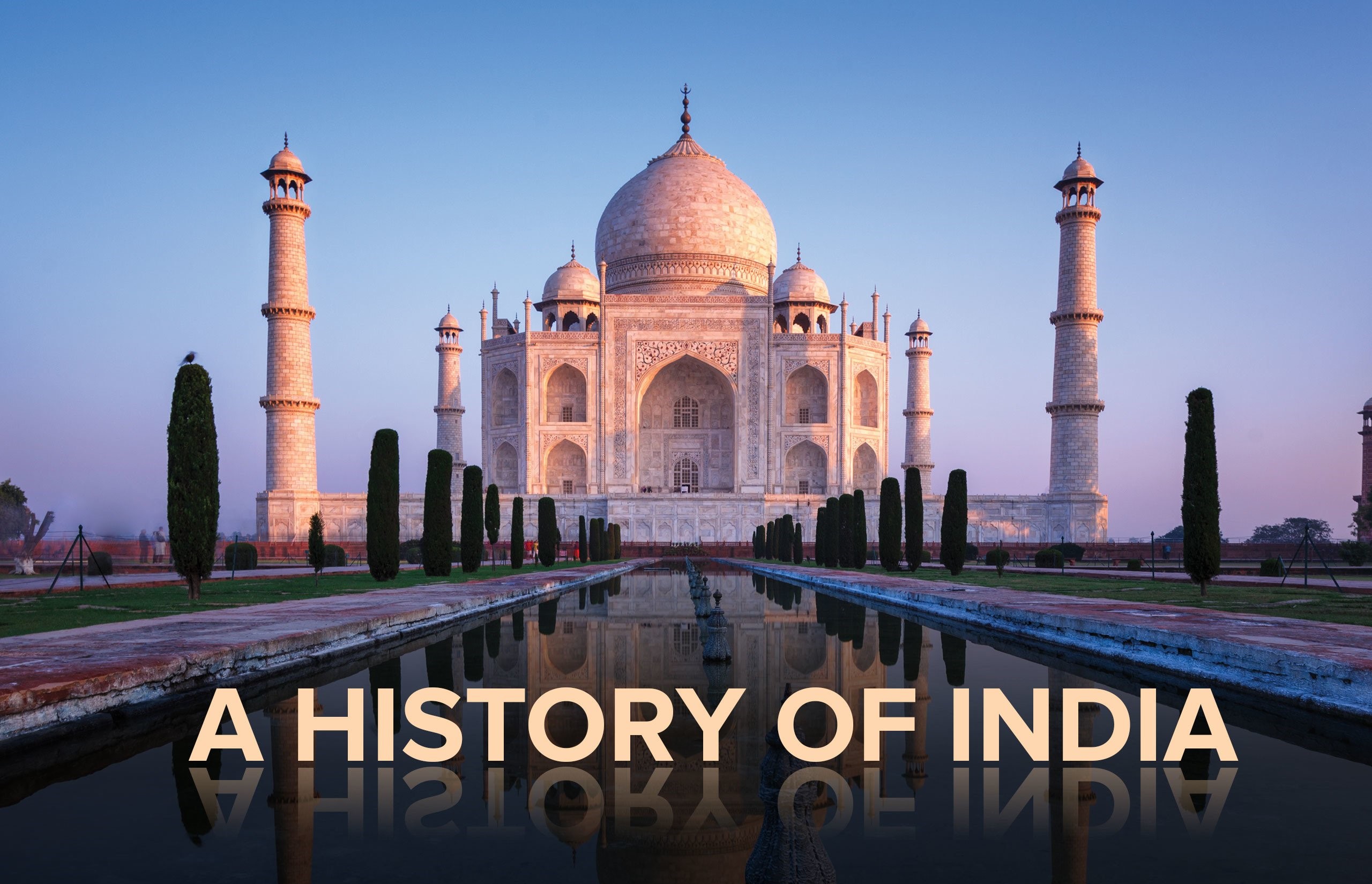Khilji Dynasty
( 1290 - 1320 AD )
Khilji Dynasty ( 1290 - 1320 AD )
Jalaluddin Khilji ( 1290 - 96 )
Jalaluddin Khilji founded the Khilji dynasty.
Alauddin Khilji ( 1296 - 1316 )
» He was a nephew and son-in-law of Jalaluddin Khilji. Alauddin Khilji killed him and succeeded the throne in 1296.
» He was the first Turkish Sultan of Delhi who separated religion from politics. He proclaimed 'Kingship knows no Kinship’.
Alauddin's Imperialism
Alauddin annexed Gujarat (1298), Ranthambhor (1301), Mewar (1303), Malwa (1305), Jalor (1311). In Deccan, Aluddin’s army led by Malik Kafur defeated Ram Chandra (Yadava ruler of Devagiri), Pratap Rudradeva (Kakatiya ruler of Warangal), Vir Ballal III (Hoyasala ruler of Dwarsamudra) and Vir Pandya (Pandya ruler of Madurai).
Administrative Reforms
» In order to avoid the problems created by the nobles, Alauddin issued 4 ordinances. The Ist ordinance aimed at the confiscation of the religious end owments and free grants of lands. By the IInd ordinance Alauddin reorganised the spy system. The IIIrd ordinance prohibited the use of wine. The IVth ordinance issued by Alauddin laid down that nobles should not have social gathering and they should not inter-marry without his permission.
» He introduced the system of Dagh (the branding of horse) and Chehra (descriptive roll of soldiers).
» Alauddin ordered that all land was to be measured and then the share of state was to be fixed.
» The post of special officer called Mustakharaj was created for the purpose of collection of revenue.
» The peasants had to pay the produce as land revenue.
» Alauddin sought to fix cost of all commodities. For the purpose he set up three markets at Delhi: one market for food grains, the second for costly cloth and third for horses, slaves and cattle. Each market was under the control of a high officer called Shahna who maintained a register of the merchants and strictly controlled the shopkeepers and the prices. The check on market was kept by two officers- Diwan-i-Riyasat and Shahna-i-Mandi.
» All goods for sale were brought to an open market called Sara-i-Adal.
» Many forts were built by him and the most important of them was Alai fort, He also constructed the Alai Darwaja, the entrance gate of Qutub Minar. He also built the Palace of thousand Pillars called Hazar Sutun.
» He was a patron of art and learning. Amir Khusrau, the poet-musician was his favourite court poet.
» In 1316, after death of Alauddin, Malik Kafur, called Hajardinari seized the throne. Before Kafur died, he nominated Shihabuddin (Alauddin's 6 year old prince) as King but imprisoned the eldest prince Mubarak Khan. Kafur was killed by the loyalists of the royal family of Alauddin.
Mubarak Khan ( 1316 - 20 )
After the death of Kafur, Mubarak khan was freed from prison and worked as regent for Shihabuddin. He captured the throne at the first opportunity he got, but could rule only for a years as he sank into debauchery and could not give up his dissipated lifestyle. He awarded his lover Mubarak Hassan authority over army and palace guards, who soon obtained full control over Sultan's palace. Mabarak Hassan was given the title Khusrau Khan by the Sultan and within months Khusrau killed Mubarak Khan and assumed the title of Nasirudin in mid-1320.
Khusrau Khan ( 1320 )
Khusrau Khan was killed by Ghazi Malik, governor of Dipalpur, when he tried to oppose a rebellion by Ghazi Malik and his son Fakhruddin Jauna. This brought the end of Khilji dynasty and established the Tughlaq dynasty on the throne of Delhi.
